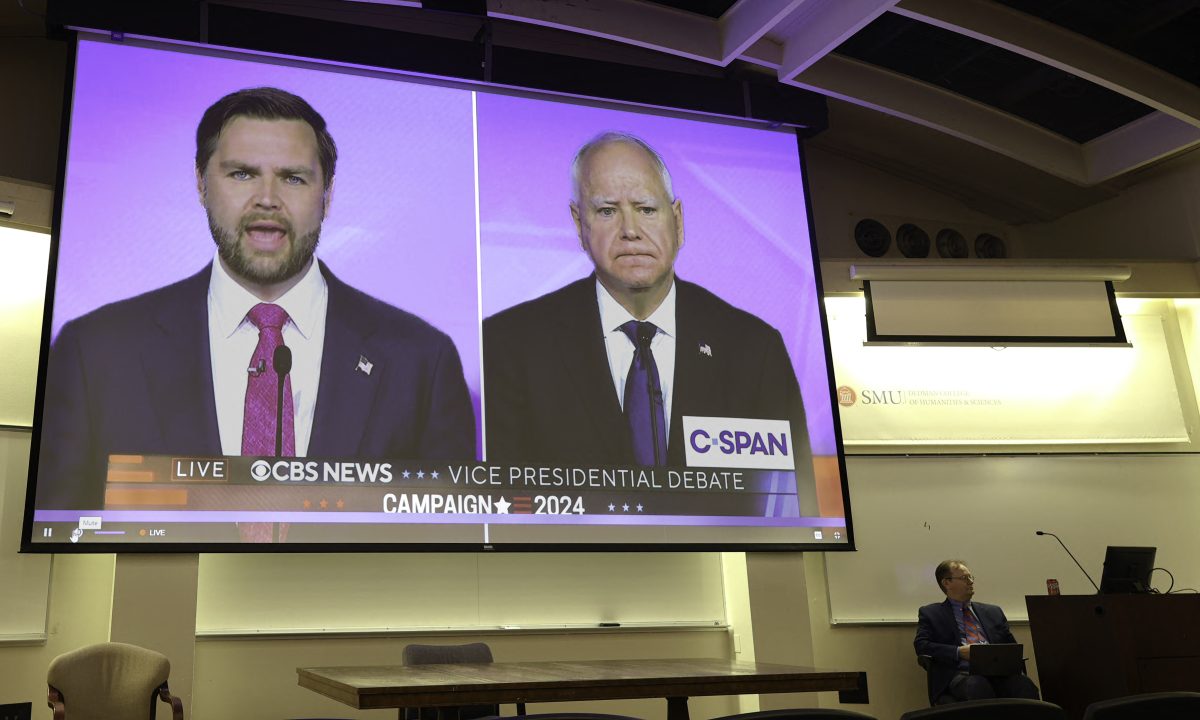Before any discussion about Intelligent Design starts, it’s imperative that everyone understands a few basic facts.
First, the theory of evolution isn’t “just a theory.” Relativity is a theory. In some cases, gravity is a theory – we haven’t been able to test it on all of the planets and galaxies in our universe, so we can’t say for sure that it applies in all possible cases.
Scientific theories, as a rule, are much more complex than laws, which only relate to a single, narrow action. Theories undergo rigorous tests of the scientific method.
In other words, theories don’t just appear out of thin air.
Now that that’s out of the way, let’s take some time to discuss the debate between Intelligent Design and evolution.
Or, more accurately, the never-ending talking heads. Because let’s face it: You’re not going to convince someone who believes something on faith with a scientific argument and vice versa.
Quite frankly, the “scientific” arguments set forth by supporters of Intelligent Design are laughable. None of their assertions have been tested with the scientific method; it’s purely conjecture.
We’re not saying it’s wrong to believe in creationism. But its place is in religious settings, not scholastic ones, and while this is a Methodist university, there’s no reason to masquerade creationism as a scientific theory rather than what it is: a faith in God.
Which brings us to the so-called debate held this weekend in McFarlin.
The Discovery Institute, a group that purports to have scientific evidence of Intelligent Design, sponsored the event. The institute says that even if articles on ID haven’t been published in scientific journals, many important discoveries haven’t been, citing Galileo, Newton and Darwin himself.
Never mind that these bodies of evidence were entirely too large to compress into a journal article – magazine presses didn’t even exist. (Remember that full-page glossy spread on Newton’s discovery? Yeah. Neither do we.) And there are more specious arguments where that came from.
President Turner has defended the debate in the pages of The Daily Campus as part of the robust discourse of free speech. Problem is, this wasn’t discourse. It was a group of pseudo-scientists proselytizing to an audience looking to reinforce views it probably already held.
And we’re inviting these people to come to our campus?
It’s not as though declining to host a group is tantamount to declaring that group’s point of view invalid. Think of it not as hampering discourse, but as refusing to let a religious group leech off SMU’s credibility.








